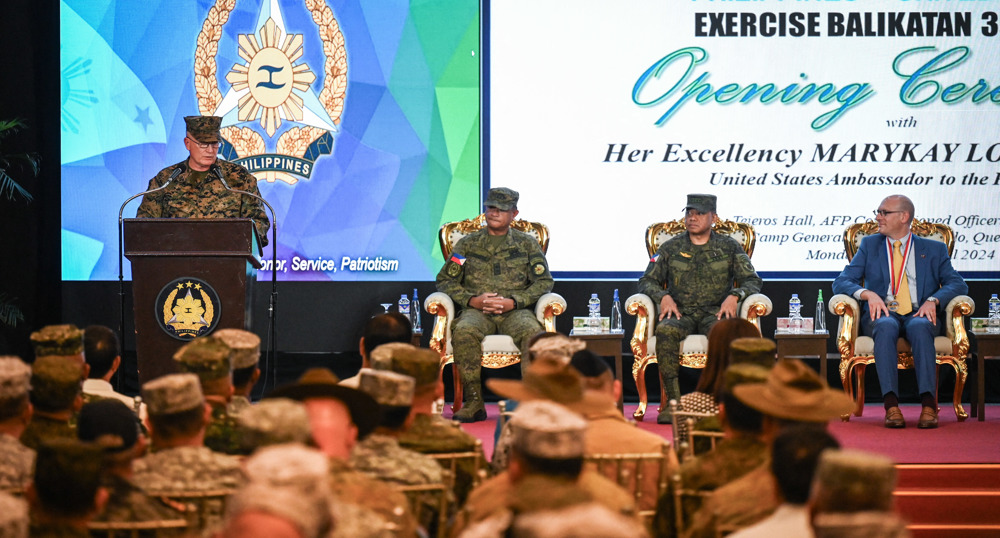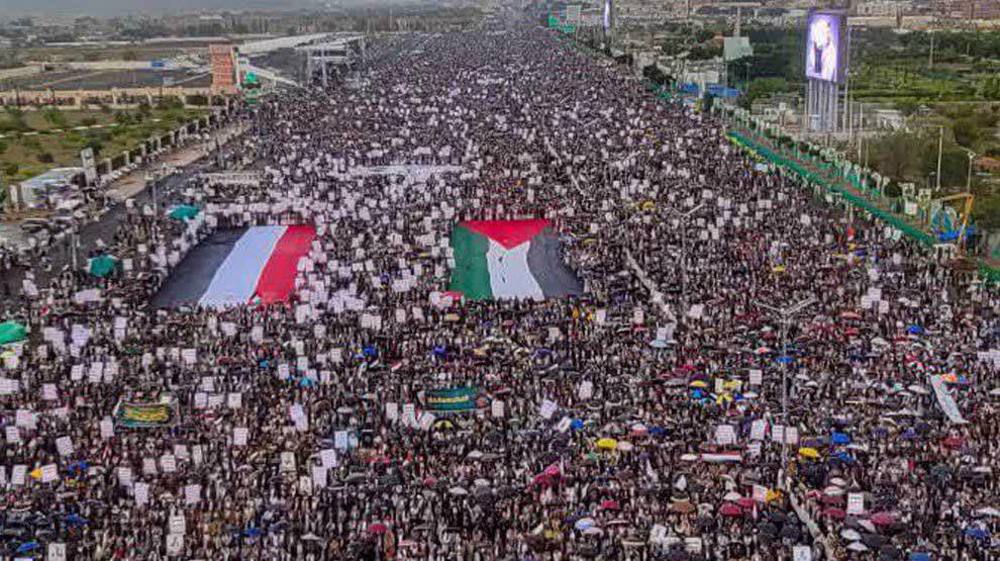Philippine government, rebels restart peace talks
Peace negotiations between the Philippine government and Maoist rebels started anew on Sunday in Oslo, but without any ceasefire and with both parties warning of continuing violence.
The conflict between the government and the New People's Army (NPA), the armed wing of the Communist Party of the Philippines (CPP), has raged since 1968 and killed more than 40,000 people.
The government could not agree to a unilateral ceasefire because the NPA had taken advantage of the truce to extort businesses and citizens, Armed Forces of the Philippines (AFP) Chief General Eduardo Ano said in a statement.
In a separate statement, the communist rebels said they expected intensified operations by the military. The CPP added that it did not declare a unilateral ceasefire because of the government's refusal to declare its own truce.
Philippines' President Rodrigo Duterte scrapped the truce with the communist rebels in February.
Angered by the deaths and abduction of soldiers since the NPA halted its unilateral ceasefire, Duterte ordered soldiers to prepare to fight.
General Ano appealed to the public to report all attempts at extortion. The military said it had recorded more than 60 incidents of arson related to extortion since the breakdown of the truce in February.
Duterte wants to end guerrilla wars with both communist and Muslim rebels that have been hampering economic development. The 3,000-strong NPA operates mainly in the east and south.
(Source: Reuters)
VIDEO | Leader meets workers on Labor Week
French police called in to break up US-style pro-Palestinian student demo
VIDEO | US continues starving Syrians, stealing their resources
Yemeni forces strike Israeli ship, Port of Eilat in solidarity with Gaza
Columbia, Yale students bent on ending US support for Israeli genocide
VIDEO | Genocide in Gaza
Iran calls on BRICS to play role in stopping Israeli crimes
President Raeisi’s historic visit opens new chapter in Iran-Pakistan ties















 This makes it easy to access the Press TV website
This makes it easy to access the Press TV website